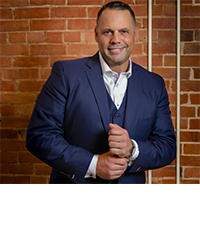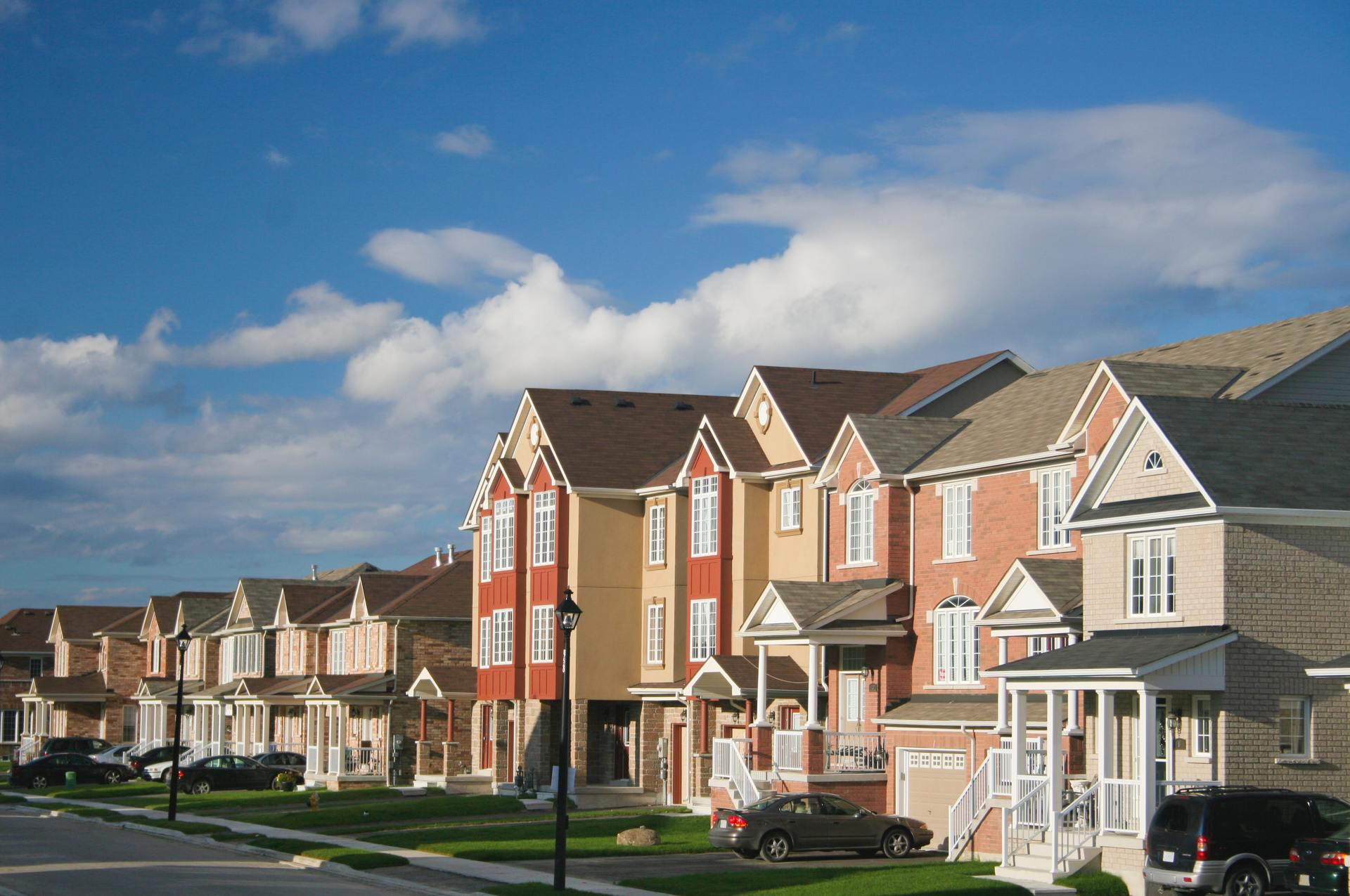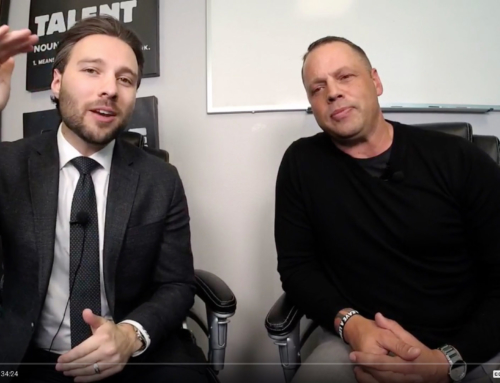This post was originally published on mortgages.com
You saved and planned and went through a lot of work to get your first mortgage. But as soon as you make your first payment, you’re probably already wondering when you be done with it.
Most of the time your mortgage type describes how long you’ll be paying it. A 30-year mortgage will take 30 years to pay off, a 20-year mortgage will take 20 years, and a 15-year will take—you guessed it—15 years. But that’s only true if you only pay the minimum amount due each month and you keep the same mortgage throughout the entire life.
So, how do you speed up the process?
Refinancing
Most people are either at the beginning or the middle of their careers when they buy their first house. As the years go on, you might start making more money (go you!) and suddenly your mortgage payment might seem like a breeze. Or maybe you recently got married and now you have two incomes to work with instead of one. Or maybe interest rates have just gone way down in the past ten years and you can see you’re paying more than you need to.
One of the cool things about a mortgage is that you can refinance it to make it a better fit for your new financial situation. That might mean taking your 30-year mortgage and refinancing into a 15-year. You’ll be paying more each month, but you’ll be paying your mortgage off faster than if you stuck with your 30 years. Or it might mean refinancing your 30-year mortgage to a lower interest rate so your monthly payment is lower.
Just remember that refinancing will come with some fees. You’re essentially paying off your old mortgage and getting a completely new one, so you still have to consider closing costs. You can use our mortgage refinance calculator to figure out if refinancing makes sense for you.
Paying extra
So maybe refinancing isn’t right for you right now, but you still want to do something to pay off your mortgage faster. You’re not locked into the minimum payment that your lender has set up. You can overpay each month to lower that balance—we even know people who pay double their mortgage each month!
If that sounds a little aggressive, don’t worry. Paying extra doesn’t have to mean pouring money into your mortgage. Even adding an extra $50 or so to your payment each month can make a big difference. If you have a $100,000, 30-year mortgage at 4.5% interest and you pay $50 extra per month, you can cut 4 years and 11 months off the total time you’re paying your loan.
Another great strategy is to pay your mortgage twice a month instead of once a month. You’ll end up making one extra payment a year, but since it’s part of your regular schedule of bills, you won’t feel the pain of paying the extra money.
Prepayment penalty
A word of caution, though! Most mortgages come with a prepayment penalty if you do pay your mortgage off early. Your lender makes money on your mortgage through your interest payments, which is what allows them to keep lending money to other people. When you pay your mortgage off quickly, they lose out on those interest payments so a lot of the time there’s a prepayment penalty in your mortgage contract. That clause says if you pay off your mortgage early, then you’ll be charged an additional percentage of the balance in order to make up for the lost interest payments.
Just be sure you read your prepayment penalty clause and do the math to see if you’ll come out ahead on paying early. You can use a mortgage payoff calculator to help you figure out what your break-even point will be.
If you’re determined to pay your mortgage off early, there are plenty of strategies. Sit down with your budget and goals and find the best one for you.







Leave A Comment
You must be logged in to post a comment.